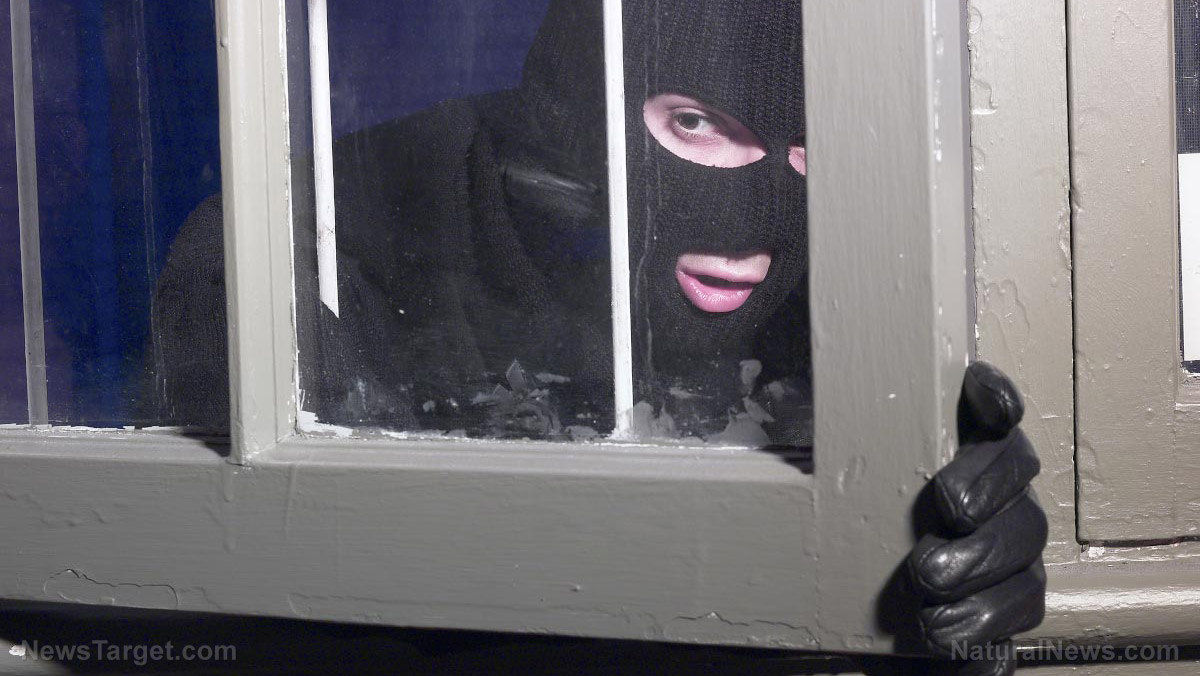
The anti-free speech agenda of Big Tech appears to be reaching a crescendo, as reports indicate that Facebook, Apple, and various other digital platforms are now catering to pedophiles and child pornographers, even as they aggressively de-platform conservatives and other pro-America voices online.
Independent commentator Mark Dice, for instance, was recently suspended from Facebook for seven days after he shared a fact-based statement about violence in American's black communities. Dice wrote, "Black men murder children every day in the ghettos of America" – and for posting this simple sentence to his account, he was quickly deemed unfit to use Facebook.
Dice made this comment in response to the recent murder of a seven-year-old girl by someone who, initially, was believed to be a white man, which means the story quickly went viral. However, when it was discovered that the perpetrator was actually black, the story was quickly buried, prompting Dice to point out this double standard of anti-white racism.
In a video followup he published to YouTube after the fact, Dice went public with what happened to him on Facebook, as well as details about what happened to the murder story after it was discovered that the perpetrator was an African-American – commentary that, while it's still allowed on YouTube just so long as politically-correct verbiage is used, is apparently now off-limits on Facebook in 2019.
Child pornography is "free speech," but conservative voices represent "hate"
Meanwhile, Facebook and Google were recently outed for funneling advertising dollars to illicit child pornography sharing groups – and it reportedly took the two tech giants a whole lot longer to address and fix the problem compared to how quickly they're scrapping accounts like those run by Mark Dice that are found guilty of sharing "offensive" speech.
Tech Crunch apparently broke the story on this, revealing that while Google did eventually take action to remove some of the offending "apps" after Tech Crunch published an article about it, all of these apps are still usable by those who had previously downloaded them.
"WhatsApp failed to adequately police its platform, confirming to TechCrunch that it's only moderated by its own 300 employees and not Facebook's 20,000 dedicated security and moderation staffers," wrote Josh Constine for Tech Crunch.
"It's clear that scalable and efficient artificial intelligence systems are not up to the task of protecting the 1.5 billion-user WhatsApp community, and companies like Facebook must invest more in unscalable human investigators."
Constine went on to explain that the anti-harassment algorithm startup company AntiToxin discovered that all of the now-removed child porn sharing apps were supported by ads running on both Google and Facebook's ad networks – meaning Google and Facebook were both inadvertently funding the spread of child porn.
Has either company been held responsible for this? Of course not. And instead of working hard to actually root out this type of illicit activity from their platforms, Google and Facebook have instead made it a top priority to squelch all free speech that triggers their Leftist users, as well as employees.
"These ad networks earned a cut of brands' market spending while allowing the apps to monetize and sustain their operations by hosting ads for Amazon, Microsoft, Motorola, Sprint, Sprite, Western Union, Dyson, DJI, Gett, Yandex Music, Q Link Wireless, Tik Tok and more," Constine added, highlighting the fact that not enough is being done in Silicon Valley to address this and other illicit activity that's slipping through the cracks in the land of Big Tech.
For more related news, be sure to check out Censorship.news.
You can also keep up with the latest on Facebook's continued demise by visiting FacebookCollapse.com.
Sources for this article include:
Please contact us for more information.



















